Seminar on anthroposophical extended Medicine
at the Raphaelhuis (formerly Rudolf Steiner Clinic)
May 20th and 21st, 2023
The Hague, The Netherlands
by
Robert Gorter, MD, PhD.
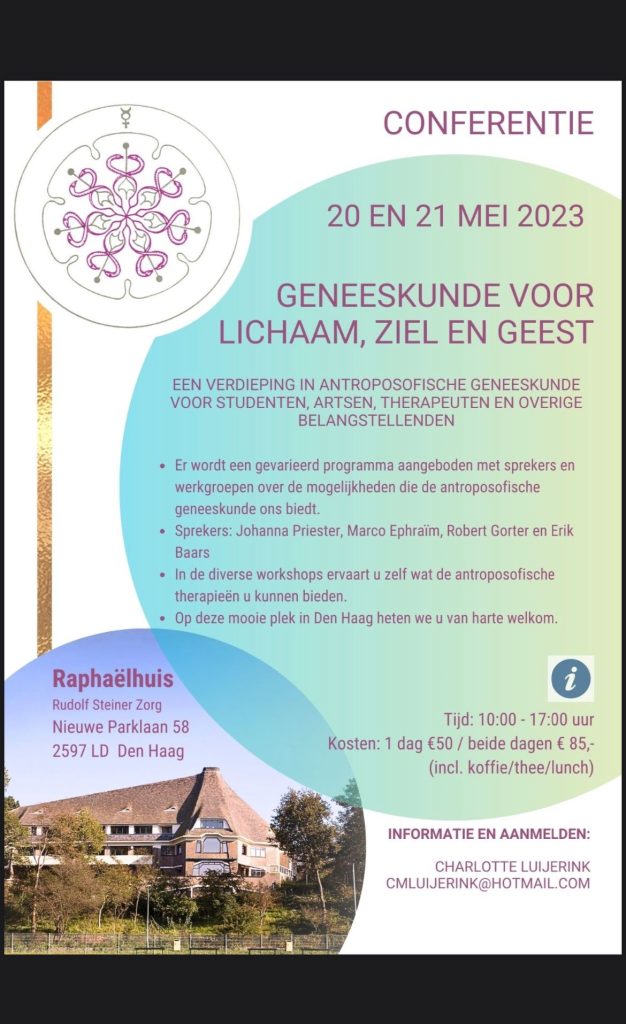
On May 20th & 21st, 2023, a weekend seminar was organized for two main reasons:
- To remember the foundation of the Rudolf Steiner Clinic (hospital) by Dr. Willem Zeylmans van Emmichoven almost 100 years ago
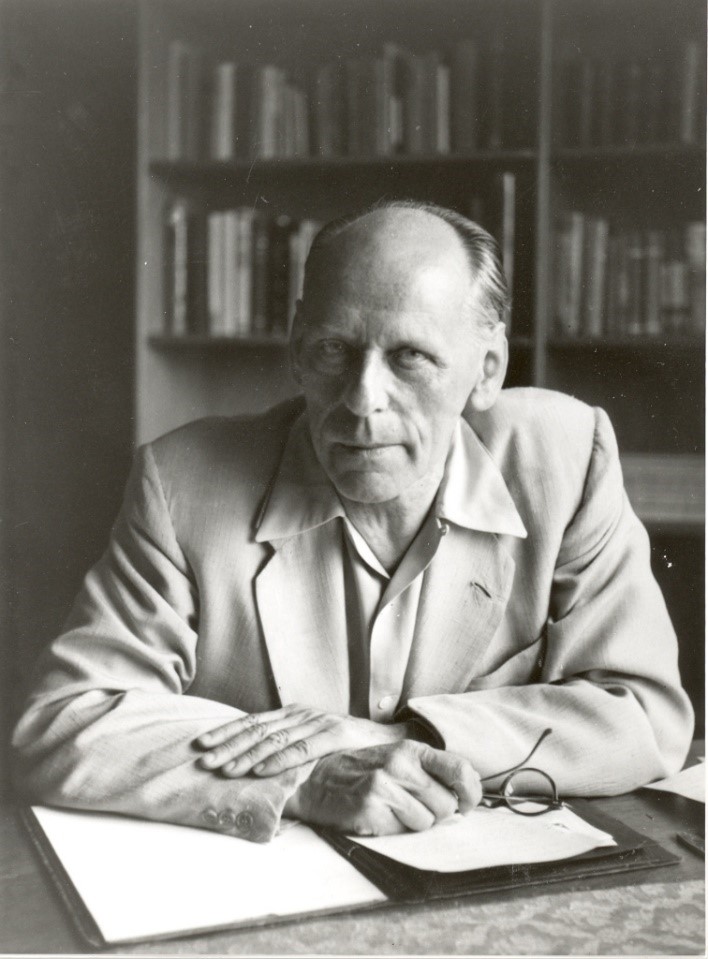
Frederik Willem Zeylmans van Emmichoven, (November 23, 1893 – November 18, 1961) was a Dutch psychiatrist and anthroposophist. From 1923 until his death in 1961 he was chairman of the Dutch Anthroposophical Society. He was a familiar figure in public life and had a considerable influence on the Anthroposophic movement, particularly through his numerous lectures and his work as an author, which included the first biography of Rudolf Steiner.
Biography
Frederik Willem Zeylmans van Emmichoven was the son of a Dutch chocolate manufacturer. His mother came from Germany. He was born in Helmond in The Netherlands. In childhood, he was often troubled by visions of color and emotional turmoil that later stimulated his preoccupation with color. After recovering from an attack of typhoid, he entered medical school at eighteen, specializing in psychiatry. His interest in color, inspired by the painter Jacoba van Heemskerck and her friend and patron Marie Tak van Poortvliet, led him to research the effects of colors on the life of feeling. He continued his medical studies in Leipzig under Wilhelm Wundt in 1919, where he became a member of the Anthroposophical Society. After meeting with Rudolf Steiner, the latter encouraged his further research into the effect of colors, and his dissertation he wrote on “The effect of colors on the feeling’’ (1). On 27 September 1921, he married Ingeborg Droogleever Fortuyn, whom he had met for the first time many years earlier. Their first son was born in 1926.
At the age of 28, Zeylmans began lecturing on Anthroposophy to interested public and academic colleagues. He helped establish the first Waldorf School in The Hague, where he also founded a small psychiatric hospital, which soon moved into its own building (now the “Rudolf Steiner Zorg”). When the Anthroposophical Society was founded in the Netherlands, Rudolf Steiner appointed him as its first General Secretary. In addition to his psychiatric work, Zeylmans undertook worldwide lecture tours. He spoke often about the effect of color on humans and gave advice to paint manufacturers, architects, directors of museums, and artists.
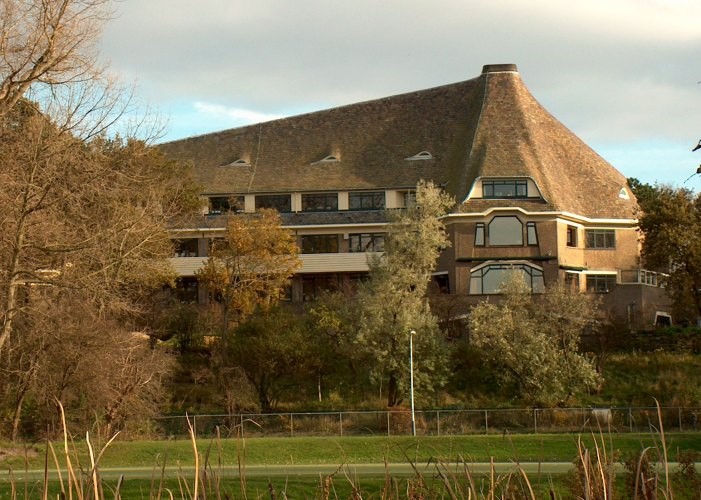
Rudolf Steiner Clinic –currently Rudolf Steiner Zorg- in The Hague, The Netherlands (built-in 1917)
Zeylman’s primary concerns were the rapprochement and understanding between the different nations and peoples themselves, as well as a furtherance of cosmopolitanism. His attempt to found the global schools association suggested by Rudolf Steiner (a ‘”Weltschulverein”), to promote the dissemination and free funding for free school education, failed due mainly to resistance from Anthroposophic circles against fostering broader public awareness. In the face of increasing political fanaticism, another initiative Zeylmans took was to further interest in anthroposophy in European youth. In the summer of 1930 he organized a youth camp on the Stakenberg near Nunspeet in the Veluwe. More than a thousand participants gathered in working groups and heard lectures by leading anthroposophists like Eugen Kolisko, Walter Johannes Stein, Elisabeth Vreede, and Ita Wegman on their thoughts on the situation of the time.
His work, however, was increasingly restricted by political developments. His involvement with the administration of the General Anthroposophical Society in Dornach, Switzerland also met with increasing disapproval. The internal disputes since the death of Rudolf Steiner and his close collaboration with the physician Ita Wegman in 1935 led to his exclusion and that of the vast majority of the Dutch members.
After the war, Zeylmans took up once again his international lecturing work. In 1954 he embarked on a global tour for nine months. Encouraged by Bernard Lievegoed, in 1960 he sought a mandate from the members of the Anthroposophical Society in the Netherlands to reunite it once more, after 25 years of separation, with the General Anthroposophical Society at the Goetheanum in Switzerland. He undertook a second journey through South Africa in 1961, visiting the newly established Waldorf schools and other institutions to give advice and hold lectures. During this trip, he died unexpectedly in Cape Town, South Africa.
The two-day conference on May 20th & 21st, 2023, was held in Dutch and was very well attended and served three main purposes:
- To remember almost 100 years of Anthroposophic Health Care and training of doctors and nurses and physical therapists in the Netherlands;
- To remember the impulse of Dr. Frederik Willem Zeylmans van Emmichoven and celebrate his futuristic views;
- To discuss and present the latest developments and fields in the realm of Anthropomorphically Extended Medicine.
There were several speakers but the main academic speakers were:
- Marco Ephraim, MD: “The development of the heart (also from an embryologic point of view) and heart and blood vessel diseases.”
- Prof. Robert Gorter: “Non-Toxic Cancer treatment, including hyperthermia, mistletoe, and vaccinations with autologous, monocyte-derived dendritic cells (for which the Nobel Prize for medicine was awarded in 2011.
- Johanna Piester, MD: “An Anthroposophic and Dynamic Outlook on Human Life and its Past and Future Development.”
- Dr. Erik Baars: “How Anthroposophically Oriented Sciences Can Better Explain Health and Disease.”
In between these formal lectures, there were several simultaneous workshops in the fields of eurhythmy, speech formation, art therapy (music and painting) color therapy, biography, external applications of wraps and compresses, rhythmic massage, etc.
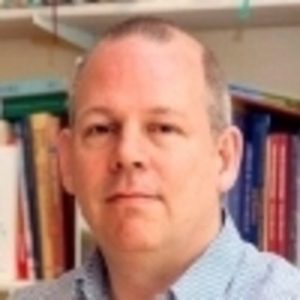
Prof. Dr. Erik Baars, MD, PhD.
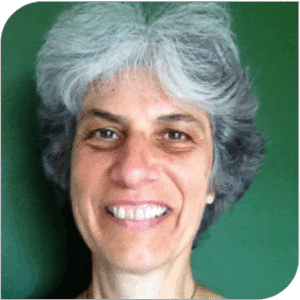
Dr. Johanna Priester, MD
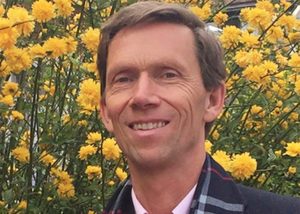
Dr. Marco Ephraim, GP
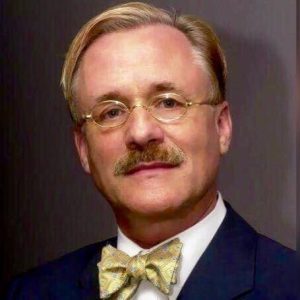
Prof. Dr. Robert Gorter, MD, PhD